-
Invisible art, intrinsic motivation

10,000 hours Imagine waking up at 8am practising something for 12 hours, going to bed, getting up in the morning and doing it all over again. Imagine eating soup, wearing the same pants everyday* and avoiding all distractions. Imagine that you take weekends off, but use them to visit your Aunty Doris, who you hate.…
-
You don’t get anything for free
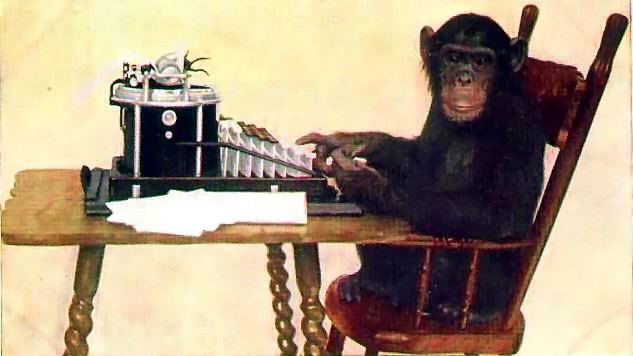
We’re doing more and more with content these days. There was a time when you wrote a page for the web and that was that. Hyperlinking created the webbyness of the net. But basically, a page was on the web, with a URL to locate it, and that was that. Since search engines came along…
-
Turtles all the way down

For some time I’ve had this bon mots rattling around in my head, like an earworm, infinitely repeating as if it knew it’s own meaning. When this happens it usually means either that my brain has made a decision and it’s waiting for the rest of me to realise, or it’s a request for more…
-
The third way
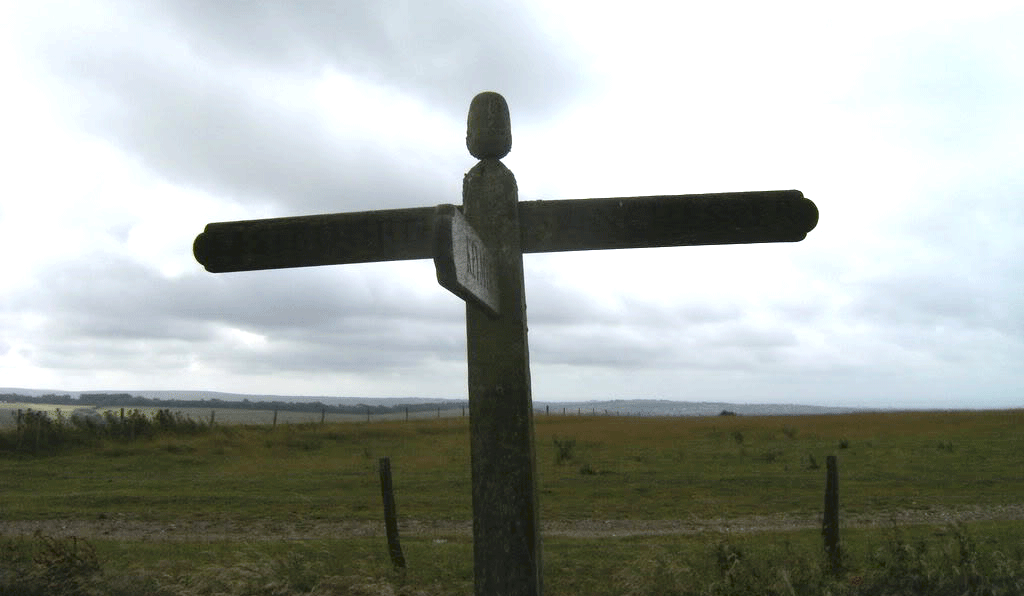
You should probably read this with a hat hard on – it’s a work in progress, but published here mainly as a motivation to edit and finish it. Alternatives are tricky things. They complicate the world. If you were to tell me right now that I can have a ham sandwich I would be delighted.…
-
Places don’t exist
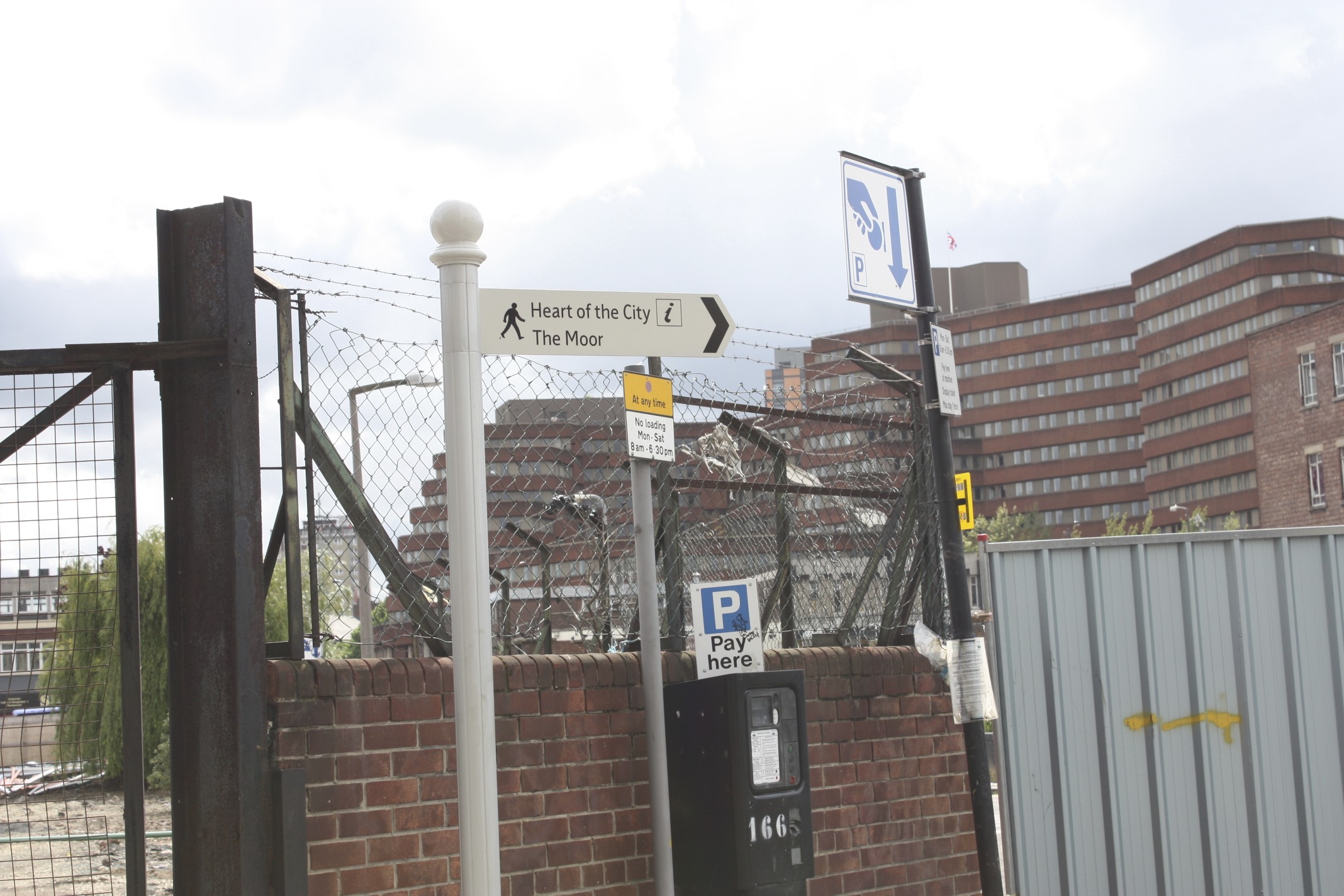
Cartographers can’t be trusted. It’s a controversial view (possibly), but I feel like they’ve always kept to the furtive fringes of society – happily knowing exactly where the fringes are – and they’ve done this for a reason. First off, maps are difficult to fold. Secondly and worse than that, they’re also full of lies.…
-
Learning and being curious
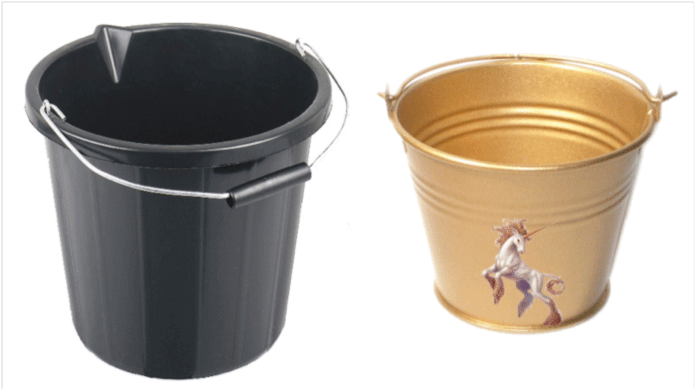
Curiosity killed the cat. Because I’m a dog person I was delighted. But as soon as we leave formal education, dog people and cat people alike, curiosity is probably the thing that’s going to drive most of our learning. That cat-killing compulsion will replace the person at the front of the class and take charge…
-
the map and the territory
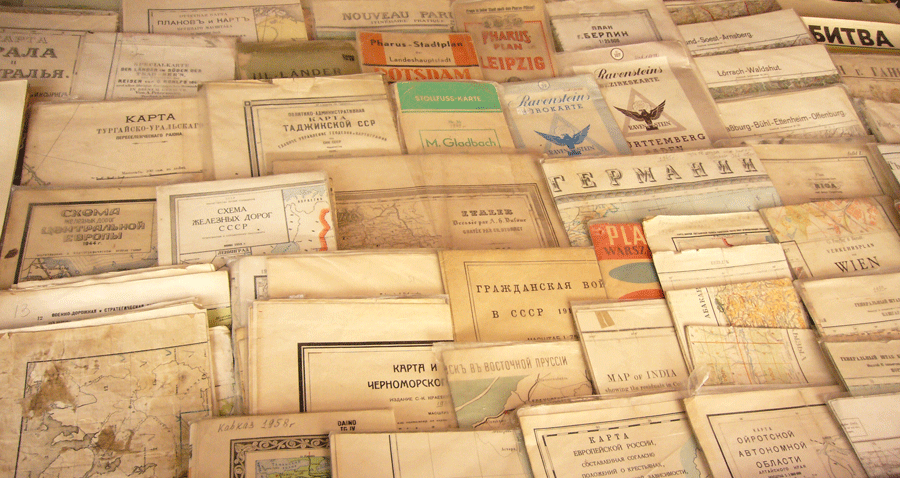
“What a useful thing a pocket-map is!” I remarked. “That’s another thing we’ve learned from your nation.” said Mein Herr, “map-making. But we carried it much further than you. What do you consider the largest map that would be really useful?” “About a six inches to a mile.” “Only six inches!” exclaimed Mein Herr. We…
-
Managing information
Content management systems, digital rights management technologies, search and user experiences all rely on well organised content. As a way of categorising content, taxonomy and vocabulary management helps you to stay organised and create smooth and intuitive user experiences. I strongly believe that information architecture needs to help both clients and systems make the most…
-
Magic, information and interaction design
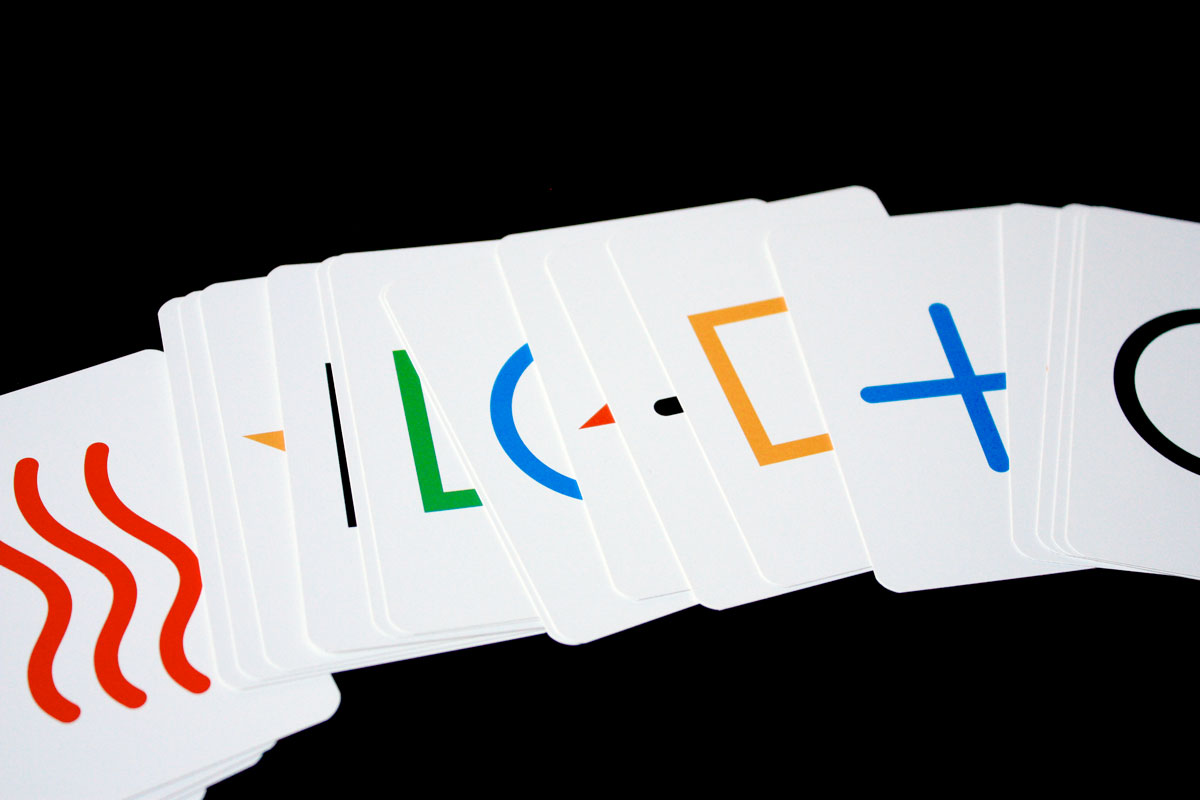
All projects require a focus on the result you need to achieve and the audience that the product is being designed for. It’s only then that you can combine and negotiate the needs of both client and audience to ensure that they intersect and the solution is a success. That’s a bit of a jargon-laden…
-
On Moodle
[blockquote]Question: You can’t just use Moodle out of the box – the basic Moodle install just isn’t that sophisticated Answer: Have a look at the feature list, all of which comes as standard with every Moodle download. Additional themes, blocks and activities are easy to integrate and the vast majority are free, open source code…
-
Off-page SEO
Link building Search engines judge each link to a page from another page or site as a vote for the page. Search engines are really just big popularity contests – the more links you get the better. It is not just the number of links that are important, but also the quality. Quality is determined…
-
Keyphrases, not keywords
Around 33% of all searches are for two-word combinations, 26% for three words, and 21% for four or more words. Just 20% of people search on single words. Search engines such as Google attribute more relevance when there is an exact phrase match on a web page (a phrase that matches the user’s search term),…
-
Choose your own adventure
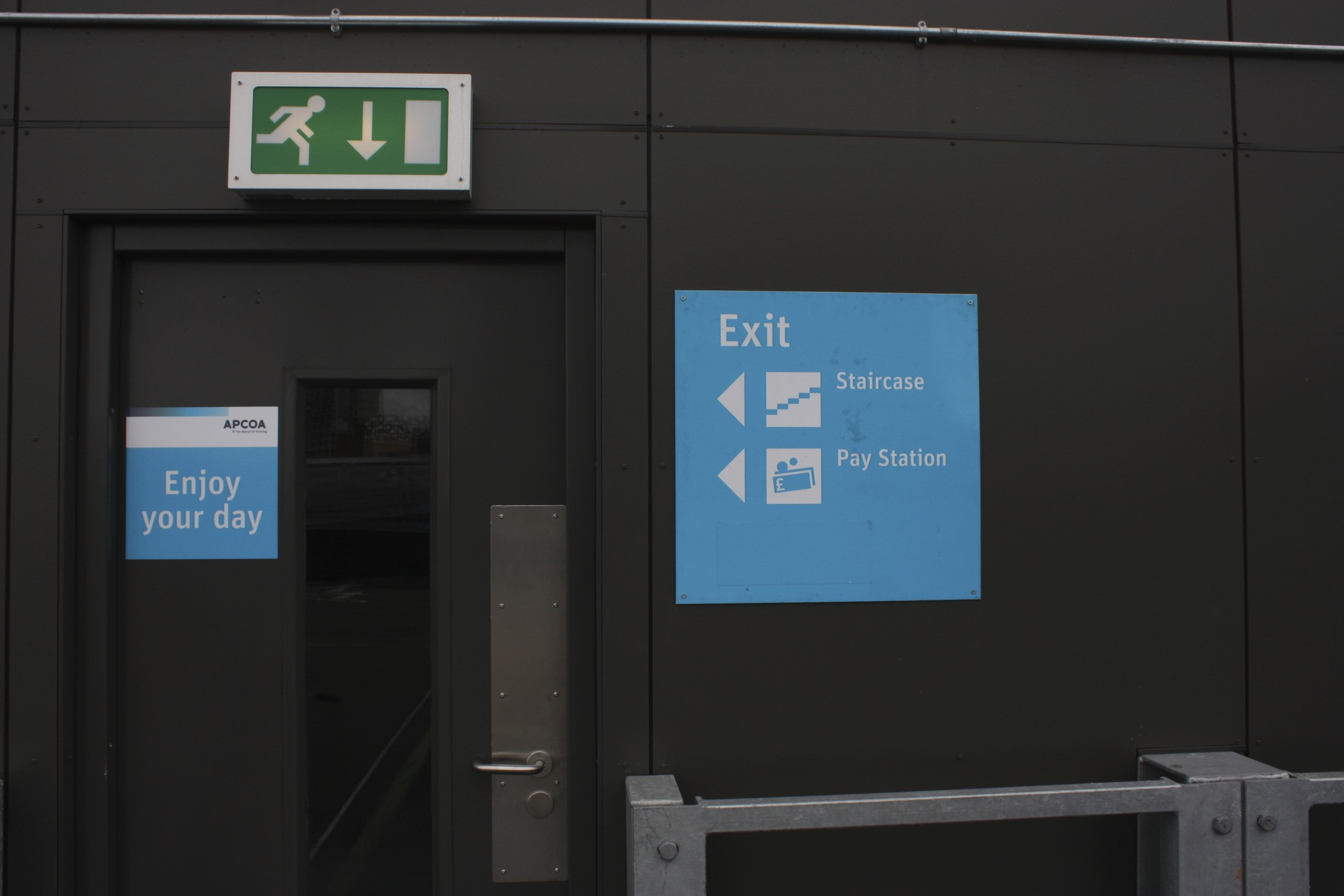
Navigation helps users to do two things – find content and explore. Content isn’t bound to a single platform these days. Good brands are really content producers – they tell stories about themselves so that audiencescan buy into their values and get a better understanding of why they should connect with them. And audiences connect…
-
Importance of scripting the user
[blockquote]Stories have the felicitous capacity of capturing exactly those elements that formal decision methods leave out. Logic tries to generalise, to strip the decision making from the specific context, to remove it from subjective emotions. Stories capture the context, capture emotions… Stories are important cognitive events, for they encapsulate, into one compact package, information, knowledge,…